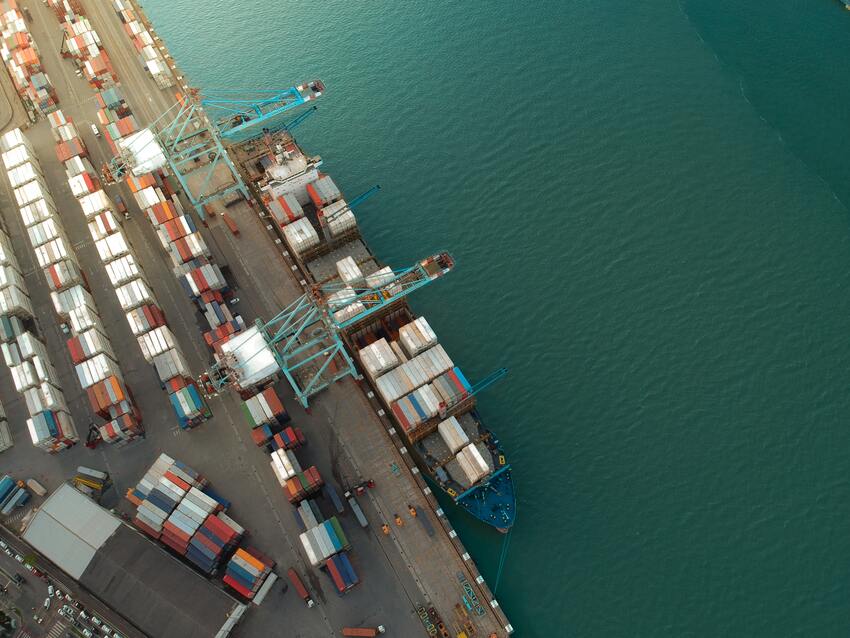The international maritime transport of goods is of great importance for trade. Port infrastructures and naval transport play an important role in the economy and enable a large number of daily operations to be carried out. Therefore, it is the loading and movement of commercial products from one country to another.
For this reason, it is advisable to delve deeper into the advantages and disadvantages of maritime transport.
What can I transport by sea?
This means of transport allows cargoes, whether solid, gaseous or liquid, to be moved from one point to another on board the vessel. It is the most widely used in the world and is becoming an absolute necessity that offers many benefits. Depending on the type of goods, the appropriate vessel must be used.
- The cargo can be in bulk for the transportation of solid products, liquids and gases.
- Packaged and packed cargo goes in crates, drums, containers or pallets.
- General cargo, such as raw materials, capital goods, foodstuffs or refrigerated cargo, can also be transported in containers.
Transportation possibilities are wide and varied, but the right vessel must be chosen. Moving solid bulk, such as coal or grain, is not the same as moving natural gas, which requires a specific vessel with special tanks.
Types of ships for the international maritime transport of goods
Throughout history, boats have advanced in technology and design to adapt to the different needs of the market. The following is a list of the vessels and their main characteristics.
- General cargo vessels. These ships carry the most basic cargo and can transport heavy containers.
- Oil tankers. This vessel transports crude oil to refineries. It stands out for its large size and has to dock at sea.
- Container ships. In this case, it is a maritime transport that has the capacity to move standard containers.
- Bulk carriers. These vessels transport, as their name indicates: bulk. However, these are 300-meter-long vessels that sail at low speed.
- Oil tankers. This vessel transports crude oil and petroleum products, which are classified according to their cargo.
Finally, there are ships with refrigerated containers to preserve products at low temperatures. Also, there are those that transport liquefied gases and dangerous goods and individual tanks for moving chemical substances.
It is also worth mentioning the importance of the Bill of Lading as one of the most important documents in these commercial operations. It is a contract between the importer and exporter when a maritime shipment is made.
In short, the international maritime transport of goods also involves respecting the regulations and choosing the right vessel. If you have any doubts, please contact the PARTIDA team for proper advice. It is logical that questions arise regarding documentation, paperwork at origin and at destination.




